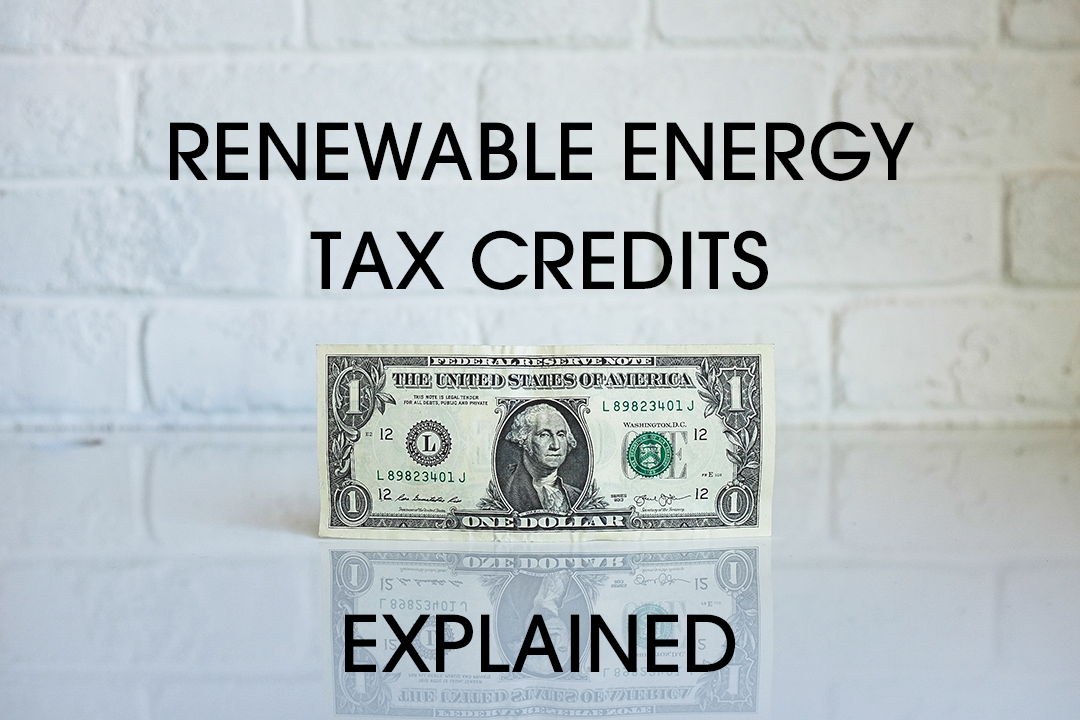How Do Federal Income Tax Credits Work for Solar?
Many people are aware of the federal tax credit available to homeowners who improve their property by installing solar PV (photovoltaic) systems. While this is a popular incentive, it is important to understand the details to ensure full benefit is received.
The following questions and answers outline some details regarding the federal tax credit.*
1. How much is the tax credit?
30% of total system cost with no limit on maximum expenditure. (This decreases to 26% for 2020 and 22% for 2021.)
2. How can I claim the tax credit?
Since this is a credit and not a rebate, the owner of the system must have a tax liability to off-set against this credit. However, if the owner’s liability is not as large as the credit, the credit can be carried over to the subsequent year.
3. Do I have to own and reside in the home to qualify for the tax credit?
Yes, the system must be installed on a residence you own and use for living, but second homes qualify for a portion of the credit. (Rental properties do not qualify.)
4. How do I apply for the credit?
Tax Form 5695 applies to renewable energy tax credits. This form is available online HERE. The IRS has some helpful information available HERE. Your tax advisor or CPA can provide more specific information.
5. Do battery systems tied to a PV system qualify for the tax credit?
Yes, battery storage systems associated with solar PV installations qualify for the full 30% tax credit with no maximum limitation.
6. Does Florida have any specific incentives in addition to the federal tax credit?
No direct consumer credit exists in Florida; however, all solar-related materials are free of state sales tax. This savings should ideally be passed on to the consumer.
*This article is offered for information purposes only. Information contained herein should not be construed as tax advice. Optimus Solar is not able to offer tax advice; those seeking specific tax guidance should consult a qualified CPA.

